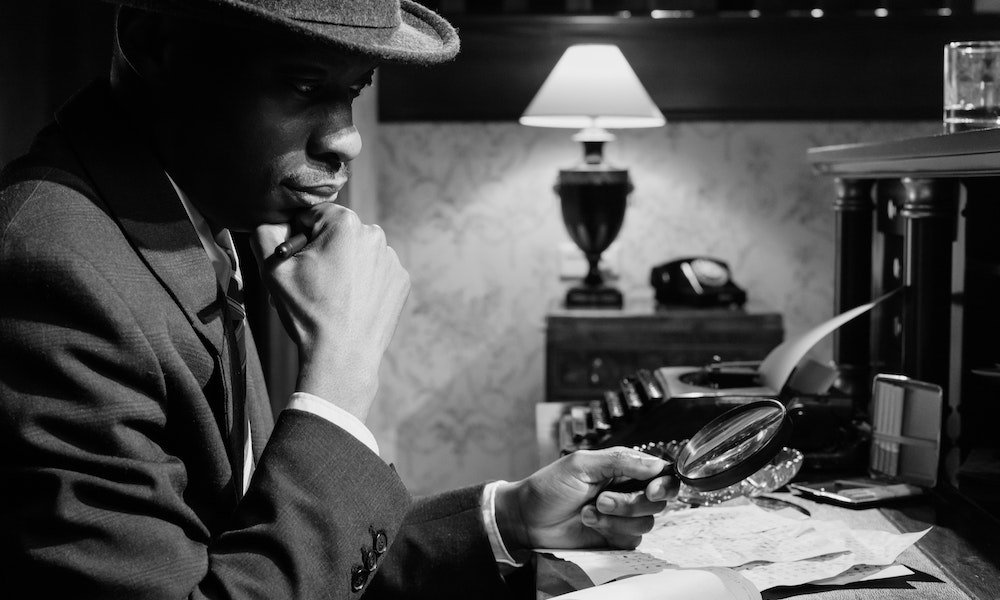10 Important Roles of the Mediator in Reaching Creative Solutions

Roles of the Mediator, Mediation is a process of resolving disputes where a neutral third party, the mediator, facilitates communication and negotiation between two or more parties. Mediation can be used in various fields, such as business, law, education, and healthcare, to find creative solutions that satisfy all parties interests. In this article, we will discuss the ten essential roles of the mediator in reaching creative solutions.
Mediation is a flexible and collaborative process that can help parties find creative solutions that satisfy their interests. A mediator is a neutral third party who facilitates communication, identifies issues, generates options, and helps the parties evaluate and select a mutually acceptable solution. The following ten roles of the mediator are crucial in reaching creative solutions.
Read More: What Does a General Litigator Do? 7 Important Points
Contents
- 1 Understanding the Parties’ Needs and Interests
- 2 Creating a Safe and Positive Environment
- 3 Encouraging Active Listening
- 4 Encouraging Empathy
- 5 Facilitating Communication
- 6 Identifying Issues and Priorities
- 7 Generating Options
- 8 Evaluating and Selecting Solutions
- 9 Drafting and Finalizing an Agreement
- 10 Roles of the Mediator, Conclusion
- 11 FAQs
Understanding the Parties’ Needs and Interests
Roles of the Mediator, The mediator’s first role is to understand the parties’ needs and interests. A mediator should talk to each party individually to learn about their concerns, values, and goals. The mediator should then use this information to identify common interests and areas of disagreement. By understanding the parties’ needs and interests, the mediator can help them find a solution that meets their underlying needs.

Creating a Safe and Positive Environment
Roles of the Mediator, A mediator’s second role is to create a safe and positive environment. Mediation can be emotionally charged and stressful, so the mediator should establish ground rules for respectful communication and ensure that each party feels comfortable expressing their thoughts and feelings. The mediator should also manage the parties’ emotions and encourage them to focus on the issues rather than the personalities.
Encouraging Active Listening
Roles of the Mediator, Active listening is essential in mediation, and the mediator’s third role is to encourage active listening. The mediator should ensure that each party has the opportunity to express their point of view without interruption or judgment. The mediator should also help the parties understand each other’s perspectives by asking questions and summarizing what each party has said.
Encouraging Empathy
Empathy is the ability to understand and share the feelings of others, and the mediator’s fourth role is to encourage empathy. The mediator should help the parties see the dispute from each other’s perspective and acknowledge the emotions involved. By encouraging empathy, the mediator can help the parties develop a more collaborative and creative approach to problem-solving.
Facilitating Communication
The mediator’s fifth role is to facilitate communication. The mediator should help the parties express their thoughts and feelings clearly and concisely and ensure that they understand each other’s messages. The mediator should also help the parties communicate in a respectful and constructive manner, avoiding personal attacks or blaming.
Identifying Issues and Priorities
The mediator’s sixth role is to identify issues and priorities. The mediator should help the parties break down the problem into smaller, more manageable issues and prioritize them based on their importance and feasibility. By identifying the issues and priorities, the mediator can help the parties focus on the most critical elements of the dispute.
Generating Options
Roles of the Mediator, The mediator’s seventh role is to generate options. The mediator should help the parties brainstorm a range of possible solutions to the problem, including creative and unconventional options. The mediator should encourage the parties to be open-minded and to consider solutions that may not have been previously considered.

Evaluating and Selecting Solutions
Roles of the Mediator, The mediator’s eighth role is to help the parties evaluate and select a solution. The mediator should help the parties assess each option’s feasibility, risks and benefits and weigh them against their priorities and interests. The mediator should also help the parties consider the long-term consequences of each solution and ensure that the solution meets their underlying needs.
Drafting and Finalizing an Agreement
Roles of the Mediator, The mediator’s ninth role is to help the parties draft and finalize an agreement. Once the parties have agreed on a solution, the mediator should help them document the agreement in writing. The mediator should ensure that the agreement is clear, concise, and unambiguous and that it addresses all the issues and priorities that the parties have identified. The mediator should also ensure that the agreement is fair, equitable, and satisfies the parties’ interests.
Roles of the Mediator, Conclusion
In conclusion, mediation is a valuable process that can help parties find creative solutions to their disputes. The mediator plays a crucial role in facilitating communication, identifying issues, generating options, and helping the parties evaluate and select a solution that meets their underlying needs. By understanding the ten roles of the mediator, parties can work collaboratively and effectively to reach a mutually acceptable solution.
Read More: 10 Important Points to Understand Legal Lingo
FAQs
What is mediation?
Mediation is a process of resolving disputes where a neutral third party, the mediator, facilitates communication and negotiation between two or more parties.
What are the benefits of mediation?
Mediation offers several benefits, including confidentiality, cost-effectiveness, and the ability to find creative solutions that satisfy all parties’ interests.
Who can benefit from mediation?
Mediation can be used in various fields, such as business, law, education, and healthcare, to resolve disputes and find creative solutions.
What is the role of the mediator in mediation?
The mediator’s role in mediation is to facilitate communication, identify issues, generate options, and help the parties evaluate and select a solution that meets their underlying needs.
How does mediation differ from litigation?
Mediation differs from litigation in that it is a collaborative process where parties work together to find a solution that satisfies their interests, whereas litigation is an adversarial process where a judge or jury decides the outcome.





